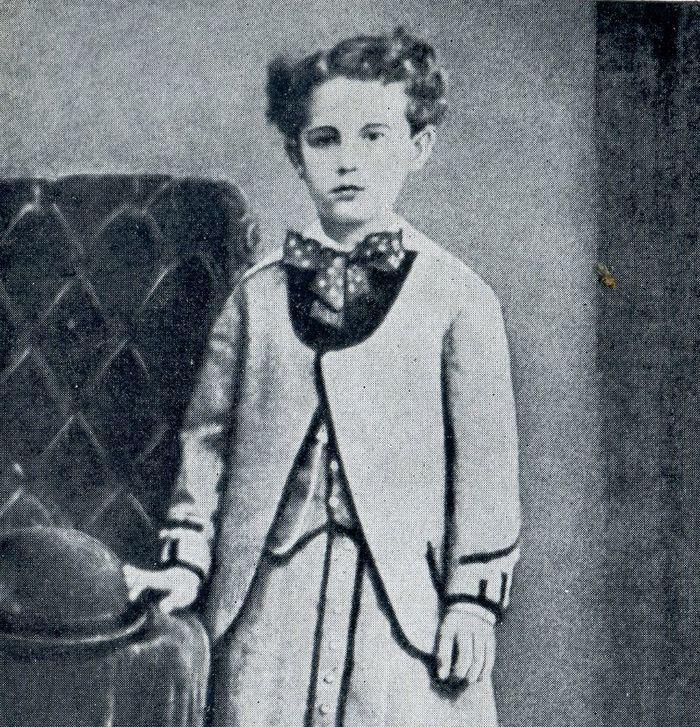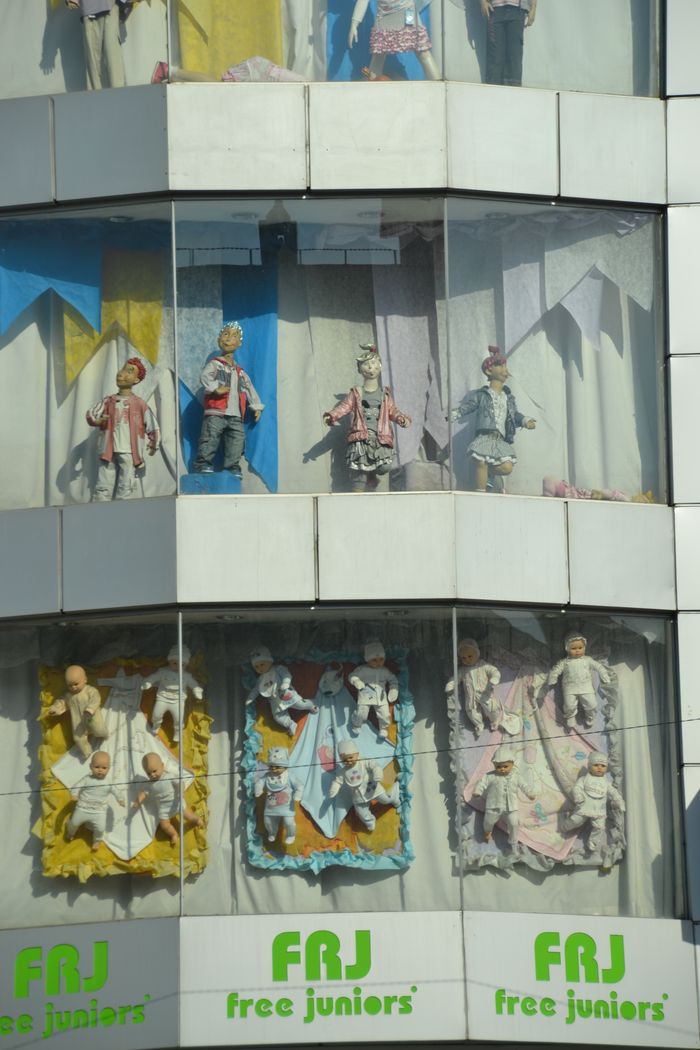She came to know what heavy housework meant and the odious cares of the kitchen. She washed the dishes, using her rosy nails on the greasy pots and pans. She washed the dirty linen, the shirts, and the dish-cloths, which she dried upon a line; she carried the slops down to the street every morning, and carried up the water, stopping for breath at every landing. And, dressed like a woman of the people, she went to the fruiterer, the grocer, the butcher, her basket on her arm, bargaining, insulted, defending her miserable money sou by sou.
Each month they had to meet some notes, renew others, obtain more time.
Her husband worked in the evening making a fair copy of some tradesman`s accounts, and late at night he often copied manuscript for five sous a page.
And this life lasted ten years.
At the end of ten years they had paid everything, everything, with the rates of usury, and the accumulations of the compound interest.
Mme. Loisel looked old now. She had become the woman of impov¬erished households—strong and hard and rough. With frowsy hair, skirts askew, and red hands, she talked loud while washing the floor with great swishes of water. But sometimes, when her husband was at the office, she sat down near the window, and she thought of that gay evening of long ago, of that ball where she had been so beautiful and so feted.
What would have happened if she had not lost that necklace? Who knows? who knows? How life is strange and how changeful! How little a thing is needed for us to be lost or to be saved!
But, one Sunday, having gone to take a walk in the Champs Elysdes to refresh herself from the labors of the week, she suddenly perceived a woman who was leading a child. It was Mme. Forestier, still young, still beautiful, still charming.
Loisel felt moved. Was she going to speak to her? Yes, cer¬tainly. And now that she had paid, she was going to tell her all about it. Why not?
She went up.
“Good-day, Jeanne.”
Plain good wife
The other, astonished to be familiarly addressed by this plain good- wife, did not recognize her at all, and stammered:
“But—madame!—I do not know—You must have mistaken.”
“No. I am Mathilde Loisel.”
Her friend uttered a cry.
“Oh, my poor Mathilde! How you are changed!”
“Yes, I have had days hard enough, since I have seen you, days wretched enough—and that because of you!”
“Of me! How so?”
“Do you remember that diamond necklace which you lent me to wear at the ministerial ball?”
“Yes Well?”
“Well, I lost it.”
“What do you mean? You brought it back.”
“I brought you back another just like it. And for this we have been ten years paying. You can understand that it was not easy for us, us who had nothing. At last it is ended, and I am very glad.”
Mme. Forestier had stopped.
“You say that you bought a necklace of diamonds to replace mine?” “Yes. You never noticed it, then! They were very like.”
And she smiled with a joy which was proud and naive at once. Mme. Forestier, strongly moved, took her two hands.
“Oh, my poor Mathilde! Why, my necklace was paste. It was worth at most five hundred francs!”
Read More about Bulgaria trips








